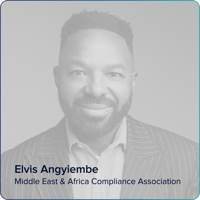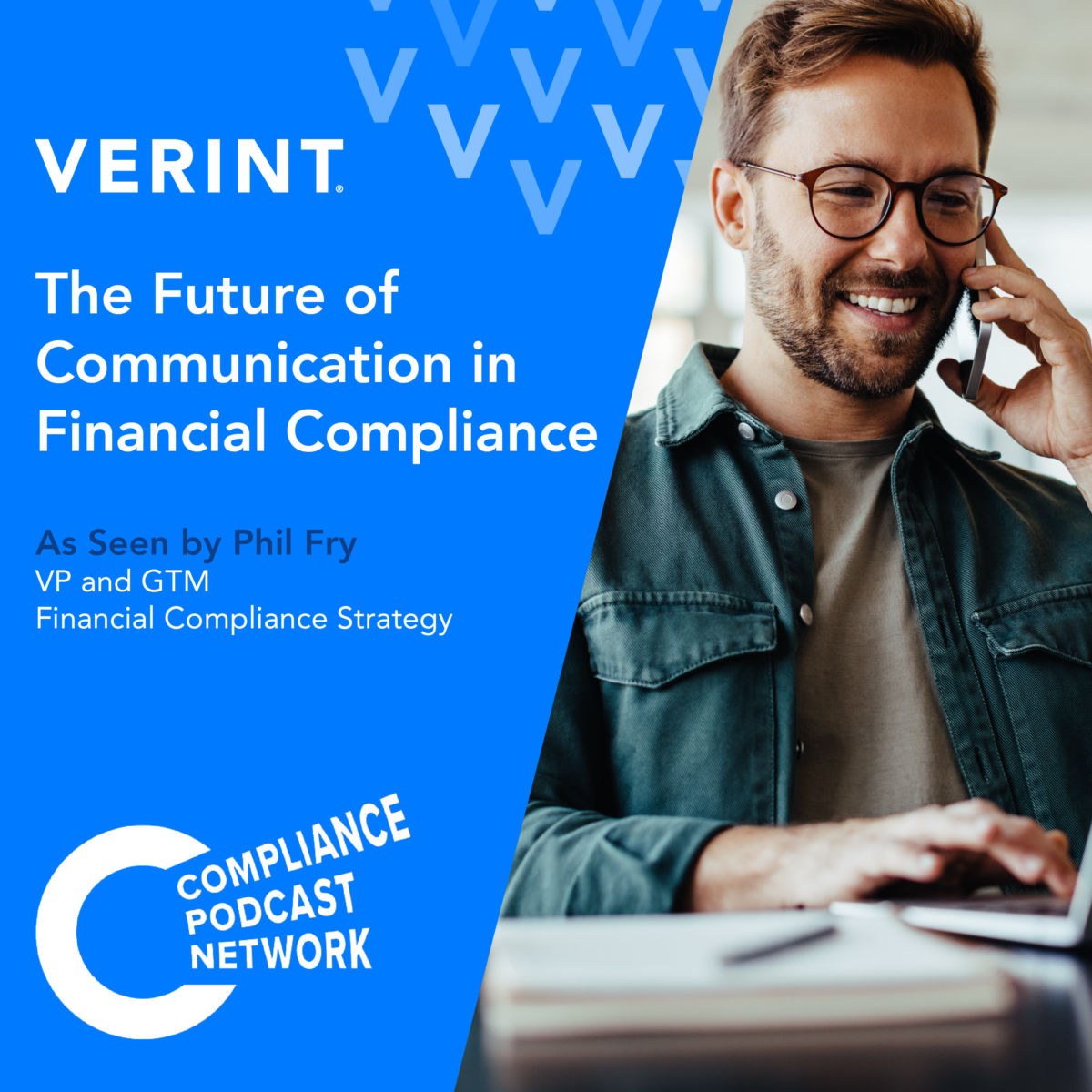What you’ll learn on this podcast episode
In the nearly 10 years of running our annual program effectiveness research, LRN has had the good fortune to discuss trends in E&C with leaders from across the world. The Middle East is one such region. How do business practices differ in this region compared to other parts of the world? Who are the like-minded professionals that E&C leaders can connect with in the Middle East? In this episode of LRN’s Principled Podcast, host Amy Hanan is joined by Elvis Angyiembe, the co-founder of the Middle East and Africa Compliance Association (MEACA). Listen in as they discuss Elvis’s experience working in the Middle East for various multinational companies, what led him to start MEACA, and what the E&C priorities are for companies in the Middle East.
Are you an E&C professional based in the Middle East? Take this 10-minute survey and share your experiences for LRN’s 2024 E&C Program Effectiveness research. Results will be published in February.
Guest: Elvis Angyiembe
Elvis Angyiembe is co-founder and co-chair of the Middle East and Africa Compliance Association (MEACA). He has significant experience working for multinational companies helping them manage significant legal and compliance matters. He has supported three companies under deferred prosecution agreements with the US Department of Justice. He has lived in Cameroon, Germany, US, South Africa, and currently in Dubai. He holds a Juris Doctorate (JD) from Thurgood Marshall School of Law in Houston, Texas, and a bachelor’s degree in criminology from the University of Maryland in College Park, Maryland.
Amy Hanan is the chief marketing officer at LRN. A B2B digital marketing leader, Amy has a nearly 20-year track record in product, brand, lifecycle, and demand-generation marketing as well as corporate communications for media, professional services, and technology companies. One of her central areas of expertise is executing tech-enabled marketing initiatives for growth. Before joining LRN, Amy was the chief digital officer at Baretz+Brunelle, a marketing and communications agency serving the legal and financial services industries. Her previous experience includes Reorg Research, ALM Media, and The Associated Press. She holds a Bachelor of Arts degree from Northern Arizona University.









